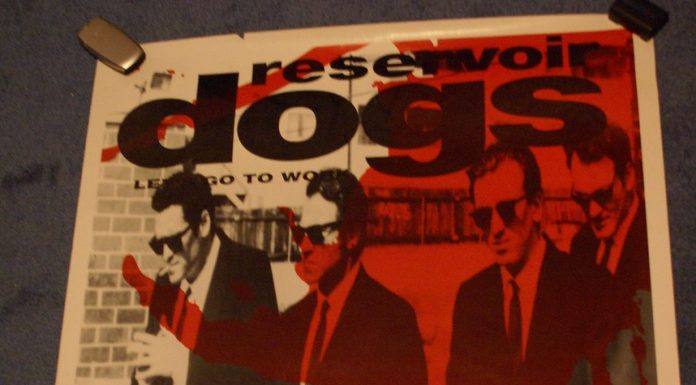The war on drugs has failed. Drug decriminalisation policy should be implemented in the EU by member states, modelled after Portugal’s successful approach, by shifting focus from punitive measures to public health initiatives and expanding access to harm-reduction services, including safe injection sites and addiction treatment programs. However, Treating drug addiction as a public health issue instead of a criminal one is only part of the solution. Commercialization of drugs, with strict government oversight, can help dismantle the illegal drug trade and bring the shadow economy into the light.
Portugal’s 2001 drug decriminalisation proved treating drug use as a health issue rather than a criminal one significantly reduces overdose deaths, drug-related crime, and addiction rates. It is time for Europe and the EU to adopt this proven strategy, uniting behind a harm-reduction framework which prioritises rehabilitation, medical care, and social reintegration over incarceration.
Portugal’s experience highlights how decriminalisation frees up resources from the criminal justice system, allowing governments to invest more in education, and rehabilitation. The results speak for themselves: drug-related deaths in Portugal are among the lowest in Europe, averaging only about 80 annually for the entire country.
In stark contrast, New Jersey experiences roughly 3,000 fatal drug overdoses each year. This disparity highlights the detrimental impact of criminalising drug use, as countries that continue this approach suffer from higher rates of overdose, HIV transmission, and social marginalisation. This model also encourages drug users to seek help without the fear of prosecution, creating a healthier and safer society.
Drug cartels and the underground economy fear legalisation and deregulation, writes @pietercleppe https://t.co/Ejr1ThSL4K
— The Critic (@TheCriticMag) November 24, 2020
There are signs of long overdue change around the world on this issue. For instance, the U.S. state of Texas, long known for its strict anti-drug laws, has begun to adopt more lenient approaches in some areas, recognising that punitive policies fail to address addiction. Texas has seen significant benefits from expanding access to treatment and reducing penalties for low-level offences.
For instance, the implementation of the Texas Targeted Opioid Response (TTOR) program has contributed to a decrease in opioid overdose deaths from 2018 to 2021, demonstrating the effectiveness of treatment-focused approaches. This shift not only helps save lives but also reduces the burden on the criminal justice system, allowing resources to be redirected toward rehabilitation rather than incarceration.
To truly turn the tide, Europe must recognize that organised crime thrives on drug prohibition. The illicit drug trade is not only dangerous but also profitable. In countries like Italy, organised crime profits from the drug trade as much as major corporations do from legitimate industries. By legalising and regulating the production and sale of drugs, EU member states can strip away this source of income and significantly weaken these criminal organisations.
Commercialization, however, must come with strict regulations and oversight to prevent the pitfalls observed in places like Canada and the Netherlands. Canada’s partially regulated cannabis market still faces challenges from illegal producers, highlighting the importance of creating a framework that’s comprehensive and transparent. Any effort to legalise must not be done halfway; it must cover production, distribution, and sale, with clear safety and quality standards.
Luxembourg, as the first European country to move towards full legalisation of cannabis, provides a key opportunity for the EU to study and refine its approach. If done correctly, Luxembourg’s model could serve as a blueprint for how a legal and regulated market can function across Europe.
Luxembourg will become the first European nation to legalize the growing and use of cannabis.
Under new legislation, people aged 18 and above will be allowed to grow up to four plants per household for personal use.
The move aims to help keep users away from the illegal market. pic.twitter.com/01EJD0xpqG
— BFM News (@NewsBFM) October 24, 2021
Beyond legalisation, commercialization provides another advantage: ensuring the quality and safety of products. Drugs produced under government regulation would be subject to quality controls, reducing health risks associated with contaminated or dangerously potent substances. This shift could have a profound impact on public health, offering safer options for those who choose to use drugs and drastically reducing accidental overdoses.
It’s time for Europe to embrace a pragmatic solution to a persistent issue. By embracing a commercialisation model, EU member states can disrupt criminal markets, create safer consumption environments, and reinvest profits into healthcare and education.
Lika Kobeshavidze is a Georgian political writer and analytical journalist with Young Voices Europe, specialising in EU policy and regional security in Europe. She is currently based in Lund, Sweden, pursuing advanced studies in European Studies.
Disclaimer: www.BrusselsReport.eu will under no circumstance be held legally responsible or liable for the content of any article appearing on the website, as only the author of an article is legally responsible for that, also in accordance with the terms of use.













